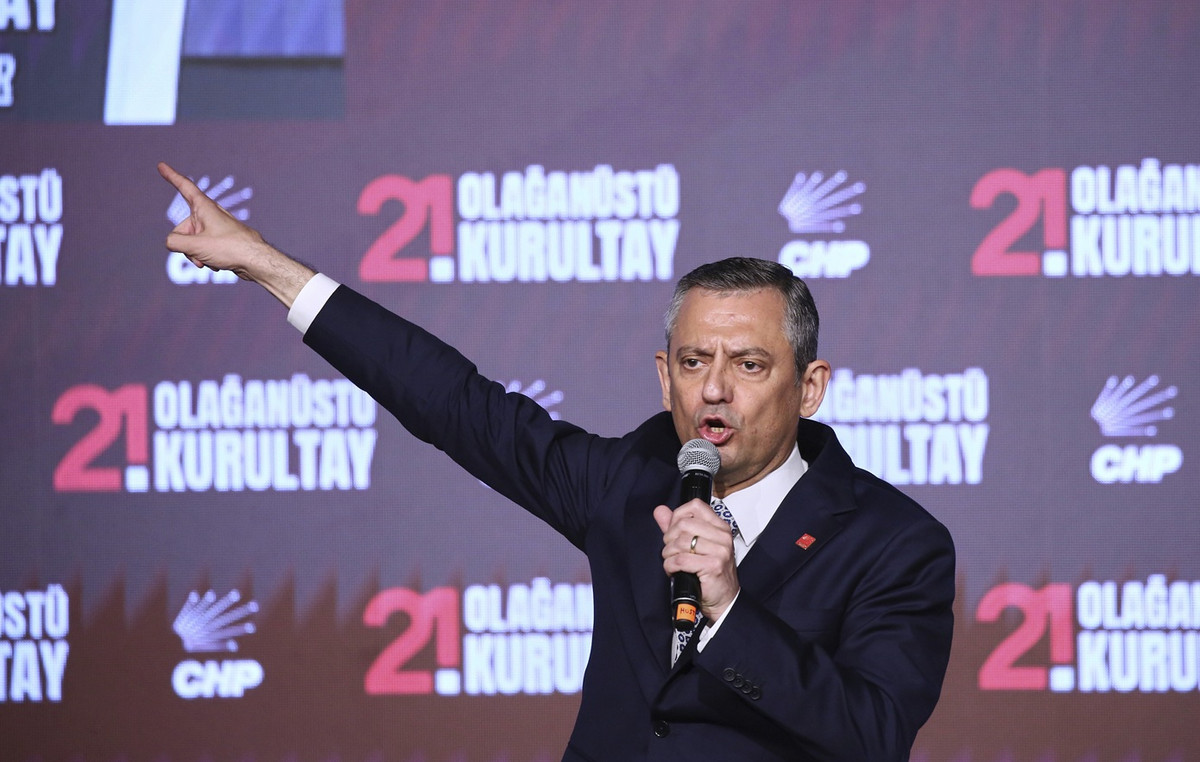The main European indices ended their trading with significant losses, as the confirmation from the ECB that it is raising its interest rates gave a signal of sales on development securities and sent off the cost of government borrowing.
In particular, the pan-European Stoxx 600 index closed at 434.38 with a fall of 1.36% and the technology sector at -2.3% as these are the companies that are expected to face the greatest pressure from the increase in borrowing costs.
Even higher were the losses in the high capitalization with the Stoxx 50 recording losses of 1.77%, falling to 3,721 points.
On the European charts, the German DAX finished at 4,198 points with losses of 1.71%, the French CAC 40 lost 1.4% closing at 6,358 points, as well as the British FTSE 100 which fell 1.5% to 7,476 points.
The loser of the day was the Italian FTSE MIB with a dip of 1.9% to 23,776 units, while in Spain the IBEX 35 fell by 1.5% closing at 8,711 units.
In the news of the day, the ECB announced as expected the completion of its bond-buying program, announcing the first increase in interest rates for more than a decade, by 0.25%.
In fact, the head of the Bank, Christine Lagarde, left open the window for a bigger increase in September, by 0.5%, to the standards of the Fed’s aggressive stance if inflation does not show declining trends.
At the same time, the ECB revised upwards its estimates for inflation to 6.8% in 2022 from 5.1% previously, while downgrading the growth outlook.
The Bank’s announcements brought great nervousness to the bond market, with the yield of the 10-year-old Spaniard exceeding 2.6% while that of the Italian has been found to be over 3.7%.
In this climate, the indexes, which were moving slightly downwards, intensified their losses sharply, with investors redeploying portfolios and getting rid of securities.
In individual stock movements, French energy provider EDF topped the Stoxx 600 with a 7% jump after reports said the government was considering nationalizing it.
In contrast, the German Hellofresh plunged 7.3%.
Many analysts, however, believe that the ECB’s moves are not enough to curb explosive inflation and that the Bank should already take more aggressive action.
“Keeping interest rates at -0.5% despite record inflation shows that the ECB is late for the party, compared to the Fed,” said Robert Ulster, chief analyst at Close Brothers Asset Management.
Source: Capital
I am Sophia william, author of World Stock Market. I have a degree in journalism from the University of Missouri and I have worked as a reporter for several news websites. I have a passion for writing and informing people about the latest news and events happening in the world. I strive to be accurate and unbiased in my reporting, and I hope to provide readers with valuable information that they can use to make informed decisions.







